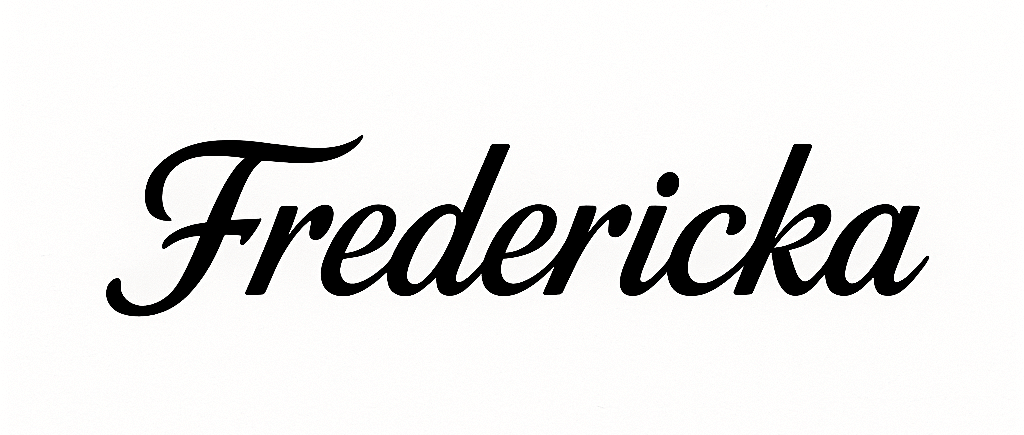LAW TIP
Practice Directions support court procedures but cannot override statutory laws or the rules of court. They are guidelines, not substitutes for the law. REP v HIGH COURT, ACCRA, EX-PARTE: KWABENA DUFFOUR (J5/05/2021) (10/2/2021)
QUOTE FROM JUDGEMENT
“After all, a practice direction is simply a supplemental protocol to rules of civil and criminal criminal procedure in the courts – a device to regulate minor procedural matters – and is an official announcement by the court laying down rules as to how it should function. See; “The English Legal System” by Catherine Elliott, Frances Quinn, Emily Allbon, Sanmeet Dua. Such directions cannot supplant the rules and certainly not substantive statutory provisions such as the Evidence Act.“ Republic Vrs High Court, Commercial Division Accra, Ex-parte:Kwabena Duffour (J5/05/2021)(10/2/ 2021)
LAW TIP
Objections to evidence must be raised at the trial when the evidence is offered not before. Courts have no jurisdiction to entertain such objections at any earlier stage. REP v HIGH COURT, ACCRA, EX-PARTE: KWABENA DUFFOUR (J5/05/2021) (10/2/2021)
QUOTE FROM JUDGEMENT
“In the instant case, the High Court clearly rendered a ruling that is completely inconsistent with a statutory provision which provides without a shadow of doubt that objections to evidence should be taken at the time such evidence is offered but not at any other time. The statutory restriction placed on the High Court is that it has no jurisdiction to entertain and rule on objections taken at any stage before the trial. It must be pointed out that the error committed by the High Court was also committed in relation to the Practice Direction itself which clearly says that such objections should be taken at the trial but not before. See paragraph 3 of the Direction. If the violation was of the Practice Direction alone, the Court would have classified it as a non-jurisdictional error. The error however relates to an express statutory provision which directs the stage at which such objections should be taken.” Republic Vrs High Court, Commercial Division Accra, Ex-parte: Kwabena Duffour (J5/05/2021)(10/2/2021)
LAW TIP
Errors that violate a Practice Direction alone may be treated as non-jurisdictional. But when the error violates a clear statutory rule, it becomes a grave error.
QUOTE FROM JUDGEMENT
“It must be pointed out that the error committed by the High Court was also committed in relation to the Practice Direction itself which clearly says that such objections should be taken at the trial but not before. See paragraph 3 of the Direction. If the violation was of the Practice Direction alone, the Court would have classified it as a non-jurisdictional error. The error however relates to an express statutory provision which directs the stage at which such objections should be taken.” Republic Vrs High Court, Commercial Division Accra, Ex-parte: Kwabena Duffour (J5/05/2021)(10/2/2021)
LAW TIP
Witness statements are not meant for any stage of proceedings other than trial in both civil and criminal cases. REP v HIGH COURT, ACCRA, EX-PARTE: KWABENA DUFFOUR (J5/05/2021) (10/2/2021)
QUOTE FROM JUDGEMENT
“In both the civil procedure rules and the Practice Direction in civil proceedings therefore, this is clearly stated in the provisions of Order 32 rule 3B(1) of C.I. 47 as inserted by the High Court (Civil Procedure) (Amendment) Rules, 2014 (C.I. 87). The heading of the rule clearly confirms the Court’s position on this. It is headed;
“Requirement to serve witness statements for use at trial”.
The heading of the rule says without equivocation that the purpose for which a witness statement is required to be served is for use at the trial and at no other stage of the proceedings. In respect of criminal proceedings, the requirement to serve witness statements is stated in Part 3 of the Practice Direction, Disclosures and Case Management in Criminal Proceedings, 2018. Part 3(2)(a) of which is as follows:- “2) (a) A witness statement may, subject to agreement by the parties, be tendered as the evidence in-chief of the witness at the trial and must be read out before the witness is cross-examined.” This direction is also without any equivocation whatsoever. The witness statement is “tendered as the evidence in-chief of the witness at the trial” but at no other stage of the proceedings.” REP v HIGH COURT, ACCRA, EX-PARTE: KWABENA DUFFOUR (J5/05/2021) (10/2/2021)
